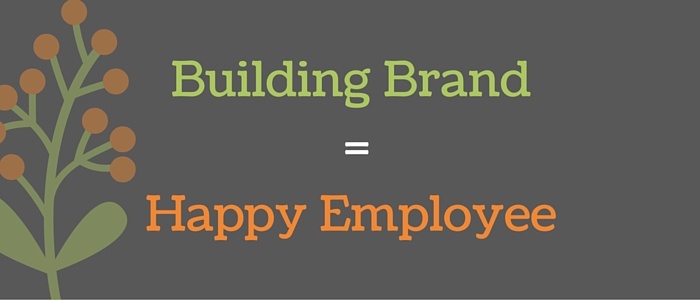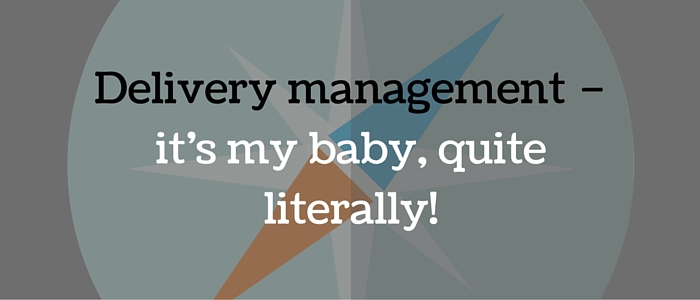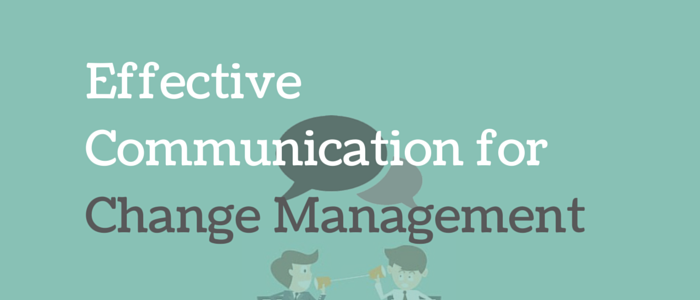Transition is an on-going process in everyone’s life that takes place at different stages. Campus to Corporate transitions needs more attention as they involve a lot of planning. Even though you have high ranks throughout your academic career, once you step into the world of computers and business, it’s your ability to deploy your knowledge that counts and not the grades on your paper. Be it a ‘developer ‘, ‘tester ‘or an ‘analyst’, you have to maximize your efforts and deliver your best.
I started my career as a Business Analyst and I am quite aware of how vital this position is for a project, for the team and eventually the organization. We all do analytical writing during our school or college; sometimes also apply it during debates. But at an organization level, as an Analyst you need to think and not just think deep but think wise too, having to consider every possible scenario. Now let’s take a look at an example wherein your client wants you to create a new functionality of sending customized emails. In such a case, while surrounded by readily available frameworks it may seem too easy to implement this, but if you have to embed this in your domain and platform specific project you may have to cross many situations viz. on completion of which events, should the email be triggered? How will u define the recipients in the email? Should they be filtered on the basis of some criteria? Do you want specific attachments in the email? How would you differentiate them? How would you integrate everything on the screen in a way that the end users feel that your product is user friendly? And the most important thing, would the module be delivered in the minimum time frame running in parallel with the development estimates that your team proposes? You do not come across so many situations unless you actually fall into the pit. But that is exactly where the ambitious task of analyzing comes into picture. And it is this one challenge that you need to face after stepping into the corporate world.
Secondly, you must possess clear communication skills and by that I do not mean a clear accent but a lucid way of presenting your thoughts. For example, when you are eliciting the requirements from your clients you need to understand the business behind it. The clients may not be concerned with what algorithm is written in order to meet their needs. They want the best results in return for the high costs they pay. Thus, you need to be precise in your thoughts and analysis.
Consider what you have as one cliff and what the client wants as the other .Your approach should be to bridge these two cliffs and a bridge strong enough which should be able to handle all the requirements, their changes and the impacts. Discuss what you understand and impart the same to your team since you represent them to the client. It may happen that your team raises questions that might have never occurred to you or the client as well. Analyze those, and organize your thoughts together and then communicate clearly to the client about its impact on the product delivery. Mutual understanding and straight forward communication are keys to a healthy client relationship.
Unlike the campus life, at an organizational level you always report to your seniors. You are aware that if you are unable to trace or design the client needs, you can always approach your seniors. But there will be a time when you are on your own. In such a case the developing team will bombard you with all sorts of questions, in terms of functionality, and to them the documentation you do is always like a bible. One single point going amiss in your document and the development diverts to a route which can be time consuming to revert. Thus, it is extremely essential to have the ownership and responsibility of the tasks that you have taken on yourself to carry out. Always review your work from the end user point of view. You should be independent enough to answer every question your team has. In case you are unable to come up with a solution refer to the notes from your discussions, meetings or calls. All the pieces of paper put together are subsets of your thoughts and if you have documented them well there surely is an answer.
In a nutshell, this change from a fun filled campus life, where most of us just have exams to worry about; to an aspiring and challenging career towards technology and management, is a journey to explore yourself, your interests, your strengths and weakness. You need to understand the business, you need to model the gathered data into solutions that can be easily documented and you should be a good presenter. Take the responsibility of your work, be a facilitator for your team and revolutionize your insight about your work. Unlock the secret of change and focus all your energy not in fighting the old but on building the new.





